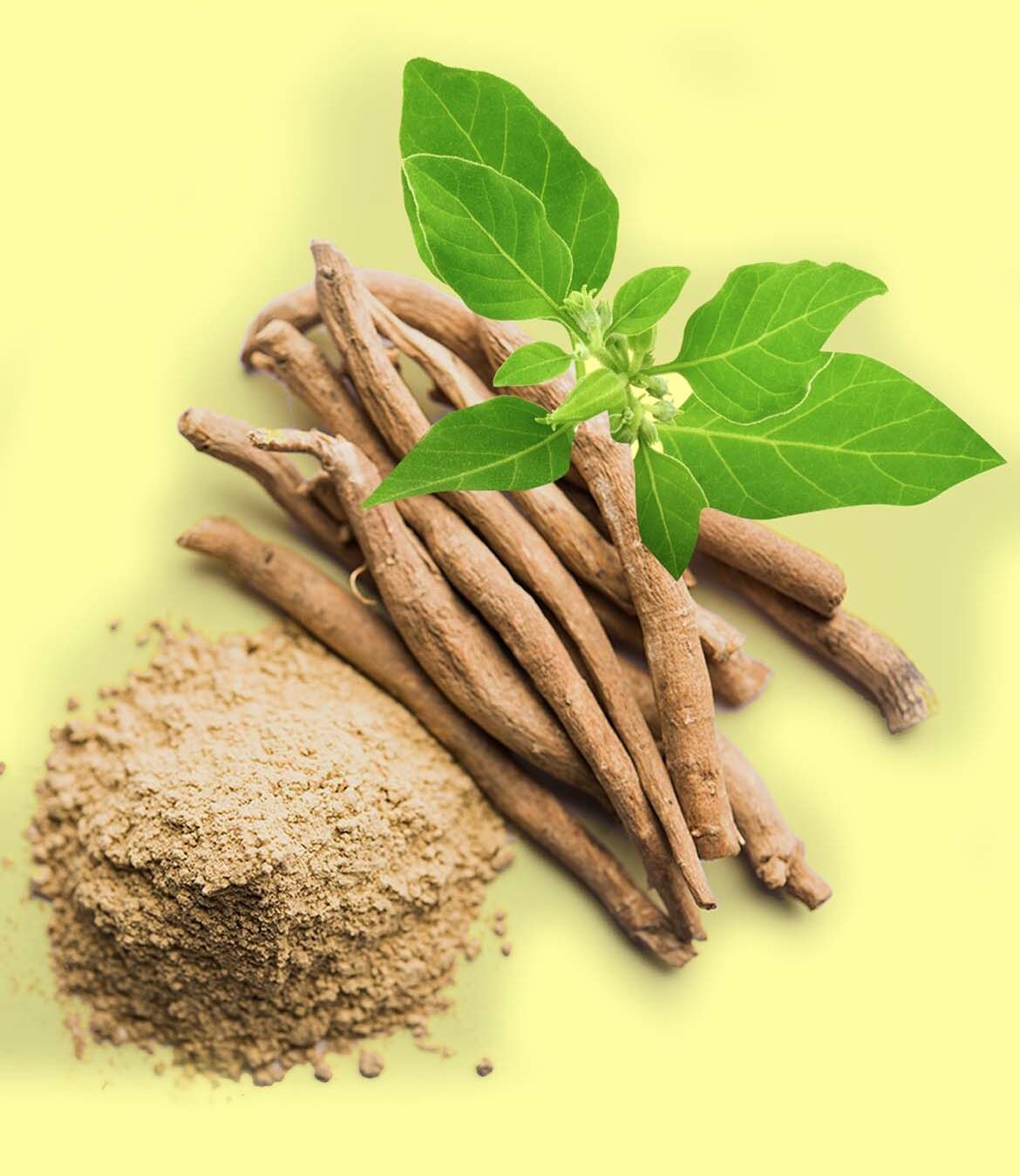At Red Owl we are passionate about offering you the best products, which is why we are thrilled to introduce ashwagandha in our newest Zen and Horizon teas! Ashwagandha’s roots and berries have been used as a natural medicine for centuries, and it’s been known to help with everything from arthritis pains to hormonal imbalances. We invite you to delve into the captivating world of ashwagandha as we explore its key health advantages, versatile uses, and rich historical significance.

Health Benefits
Ashwagandha is known for its 6 key benefits, each working together to form an overall sense of well-being. It lowers cortisol, improves bone health, boosts immunity, reduces inflation, increases muscle strength, and can reduce blood sugar levels. By combining these benefits, ashwagandha aids in alleviating feelings of stress and anxiety, fostering improved sleep patterns, and enhancing memory—a true miracle worker! It’s safe to say that a refreshing tea with ashwagandha might be just what you need after a difficult day.
Uses
Ashwagandha is an evergreen shrub that grows predominantly in India. The roots and berries of this remarkable plant hold the key to its medicinal potential. The most common (and tastiest) way to use Ashwagandha is by using it to make tea. However, you can use it in powdered form as well. You can add a spoonful of ashwagandha to just about anything! With its many uses, Ashwagandha is handy to have around.
History
Dating back as far as 6000 BC, ashwagandha has played a central role in the ancient Indian medical practice of Ayurveda, often referred to as “life knowledge.” The name “ashwagandha” derives from the Sanskrit word “ashwa” (meaning “horse”) because of its unique aroma resembling that of a horse. According to ancient belief, consuming ashwagandha also gave users the strength and vigor of a horse. Ashwagandha was used for practically everything from treating painful swelling and inflammation all the way to treating snakebites and scorpion-stings! While medicine has come a long way since then, the enduring value of ashwagandha remains—a testament to its enduring effectiveness.

